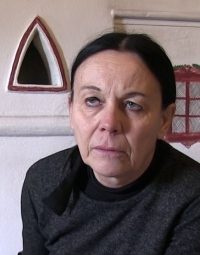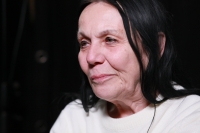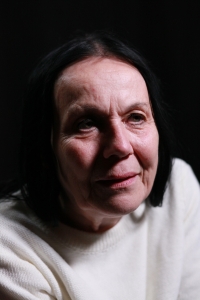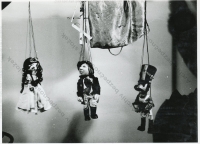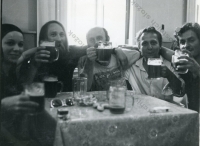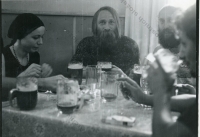I was convicted of puppetry

Download image
Lenka Fialová, née Horáková, was born on 30 December 1951 in Gottwaldov into an artistic family. Both her parents, Antonín and Antonie Horák, were employed in film studios in Kudlov. The artistic environment strongly influenced her and she decided to study at the Secondary School of Arts and Crafts in Uherské Hradiště. After graduation, she found a job at the Gottwaldov Film Studios. During her youth, she met many inspiring people. Among her friends were, for example, Dana Němcová or potter František Maxera. On August 18th 1974, she was arrested at Svatý Hostýn. The reason for her arrest was an improvised puppet show in which she performed together with Emil Hauptmann. The performance was intended to entertain the audience with witty replicas of the events of 21 August 1968. After half an hour, the play was interrupted and the young performers were arrested. Later that evening, the witness was taken to a Brno detention centre. On 11 December 1974, Lenka Fialová was sentenced to 18 months’ imprisonment without parole for sedition. She served her sentence in the women’s prison in Opava. In the spring of 1975, she was released under an amnesty granted by the President of the Republic. After her release she worked as an arranger in the Gottwaldov City Services. She married Jan Škrabánek and they had two children. Both became signatories of Charter 77 in 1980. As a result, they were forced to emigrate to Austria in the same year and renounce their Czech citizenship. In Austria, the witness worked for the Radio Free Europe. She worked as an analyst of television programmes in Czechoslovakia. Lenka Fialová lived in Znojmo in 2025 and was married for the second time.

